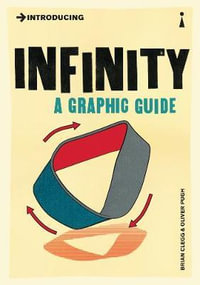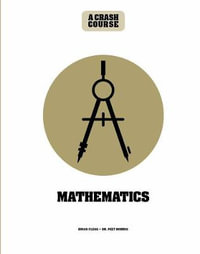
Everyday Chaos
The Mathematics of Unpredictability, from the Weather to the Stock Market
By: Brian Clegg
Paperback | 6 October 2020
Sorry, we are not able to source the book you are looking for right now.
We did a search for other books with a similar title, however there were no matches. You can try selecting from a similar category, click on the author's name, or use the search box above to find your book.
ISBN: 9780262539692
ISBN-10: 0262539691
Published: 6th October 2020
Format: Paperback
Language: English
Number of Pages: 256
Audience: General Adult
Publisher: RANDOM HOUSE US
Country of Publication: GB
Dimensions (cm): 2.2 x 16.3 x 24
Weight (kg): 0.61
Shipping
| Standard Shipping | Express Shipping | |
|---|---|---|
| Metro postcodes: | $9.99 | $14.95 |
| Regional postcodes: | $9.99 | $14.95 |
| Rural postcodes: | $9.99 | $14.95 |
Orders over $79.00 qualify for free shipping.
How to return your order
At Booktopia, we offer hassle-free returns in accordance with our returns policy. If you wish to return an item, please get in touch with Booktopia Customer Care.
Additional postage charges may be applicable.
Defective items
If there is a problem with any of the items received for your order then the Booktopia Customer Care team is ready to assist you.
For more info please visit our Help Centre.


















